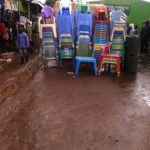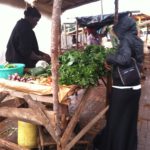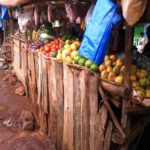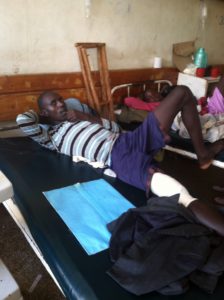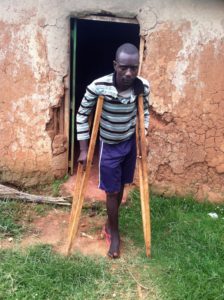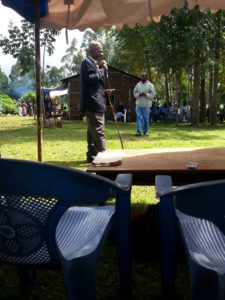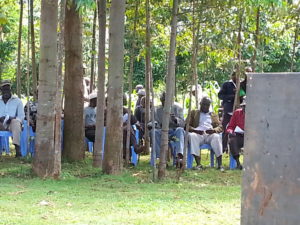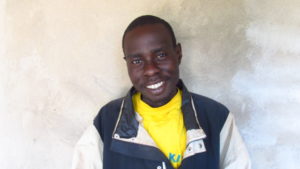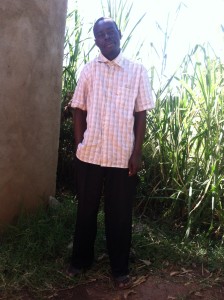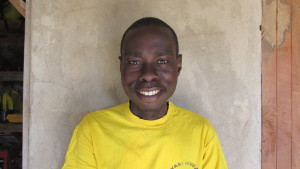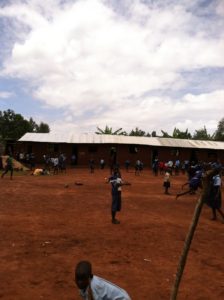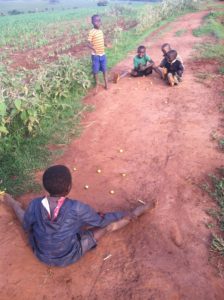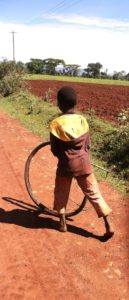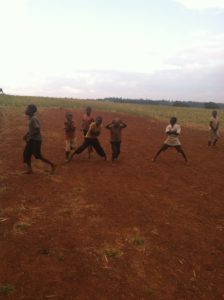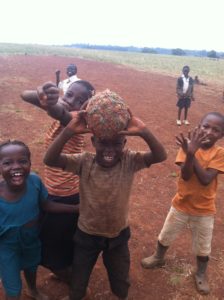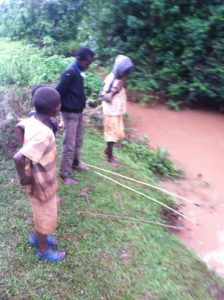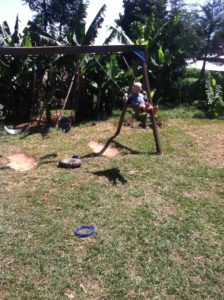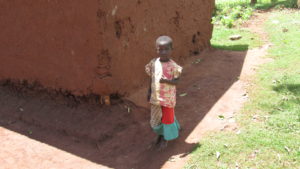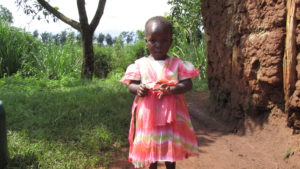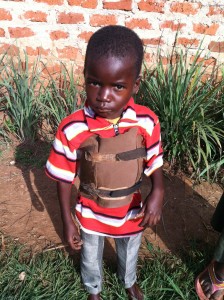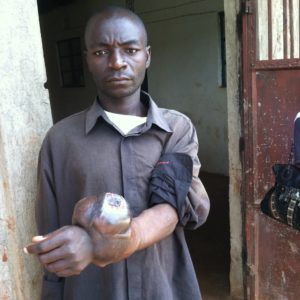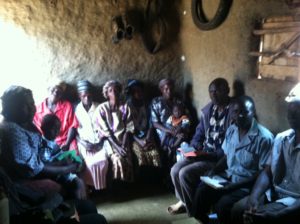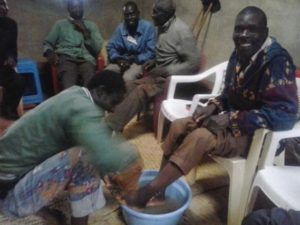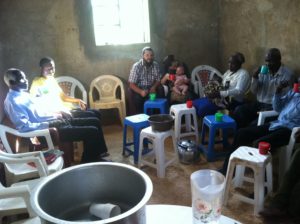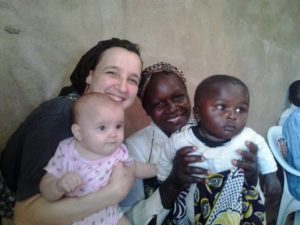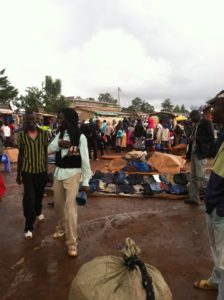
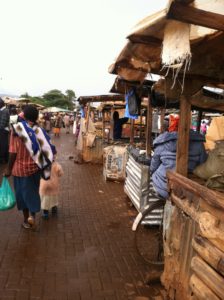 Sunday is one of the busiest days for the people of our small village. Besides being a worship day, it is also a market day. In many African towns and villages, there is a special day where all people gather together in a central location to purchase the goods they need. These special locations are commonly known as market centers, while the day is known as market day.
Sunday is one of the busiest days for the people of our small village. Besides being a worship day, it is also a market day. In many African towns and villages, there is a special day where all people gather together in a central location to purchase the goods they need. These special locations are commonly known as market centers, while the day is known as market day.
Market centers have existed in many of African societies from ancient days. In those days, various communities would gathered together in a chosen and strategic location on a special day, for the purpose of exchanging goods and services. This system of trading was referred as the barter trade system. Barter is a system of exchange where goods and services are directly exchanged for other goods or services, without using a medium of exchange such as money. These barter days were also known as ” silent trade,” because every community had their own native language and there was no common language; thus, trade was conducted with very little exchange of words.
During the times of trade, it was the main duty of the local chief and the village elders to identify the best locations and separate the special days for this activity. When regional trade came into existence, communities were forced to select another location which was easily accessible by all the communities involved in the trade activities. This was the beginning of the modern trade centers and market days.
Every region had its own trade centers and specific days to meet. As well, different communities had their own unique commodities that were their trademark. This specialization is what gave rise to these market centers. One group were well-known producers of farm produce, while their neighbors would only produce animal products. Communities along water bodies were known for fishing, while their neighbors were gifted in art and crafts. For these communities to easily benefit from the diversity of production, it was a must for a common and special location and day to be established.
Our village market center is among the oldest markets that emerged as a result of this ancient trade practice. Unlike the ancient times where trade was through barter, today people gather from different communities every Sunday to exchange and buy services and goods using the medium of money.
Traders from different communities bring their products every Sunday morning for the purpose of selling or exchanging them, or in some special situations they will return to the old practice of barter. Farmers will bring their farms’ produce: grains, vegetables, eggs, and fruit. You will find also different household stuffs: plastic furniture, clothes and shoes, kitchen utensils and items, bedding materials. This is also a good day for different fundis, (or, “experts” in Swahili) to market their services. These include: mechanic, boda boda (motorbike) transport, barber services, shoe repair, tailoring, local medicines, and many more.
Market days are not always peaceful and orderly. Because many people from different communities are present in the market center, it is not uncommon to witness incidents of violence, chaos, theft, physical and verbal abuse, sexual harassment, and other forms of vices. Nonetheless, the county government has always striven to provide a conducive atmosphere and suitable trade environment by employing security personnel during market days. This is to ensure that trade is not disrupted and also to check upon the hygienic condition of the market and the quality standards of the products in the market center.

